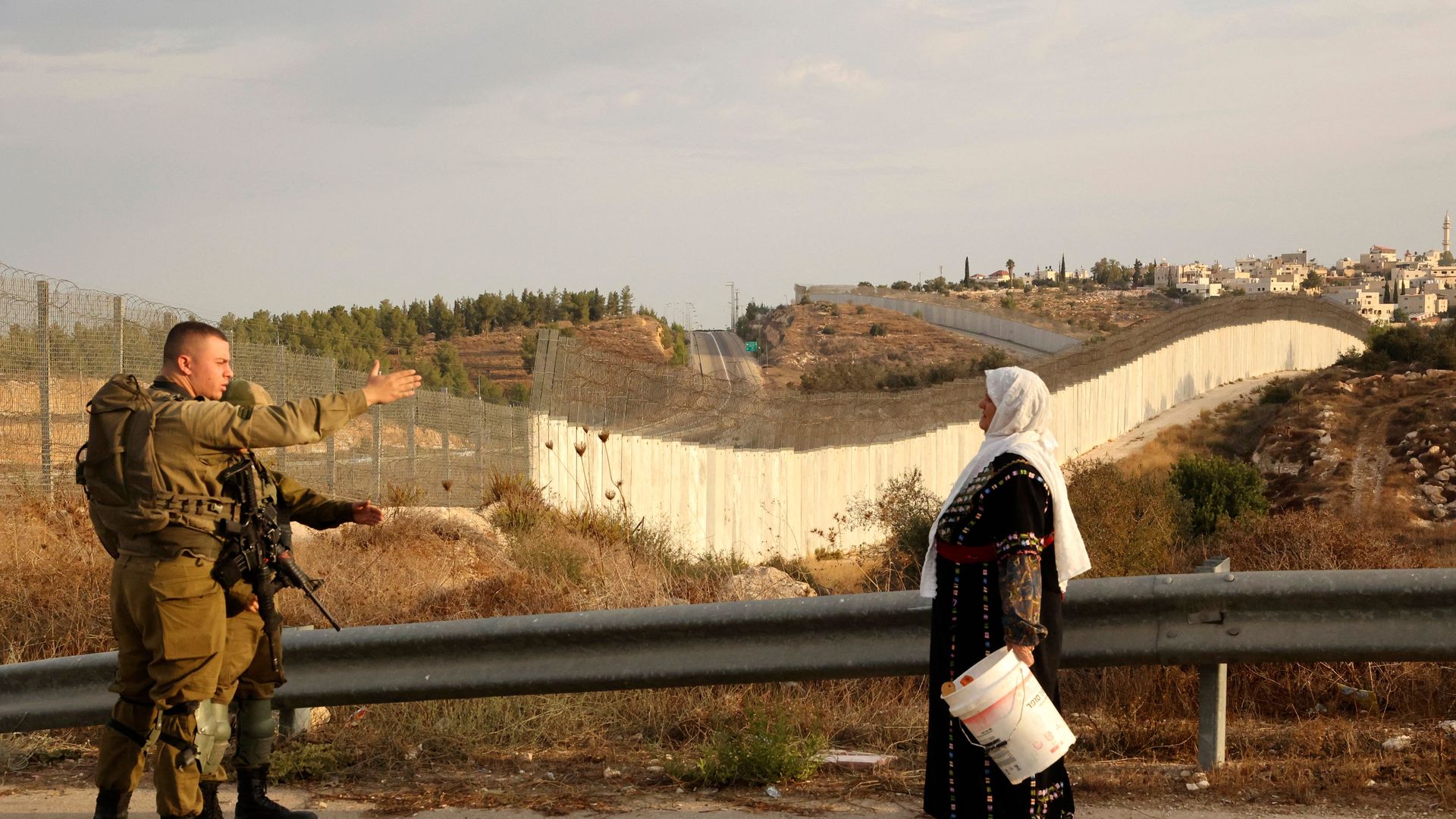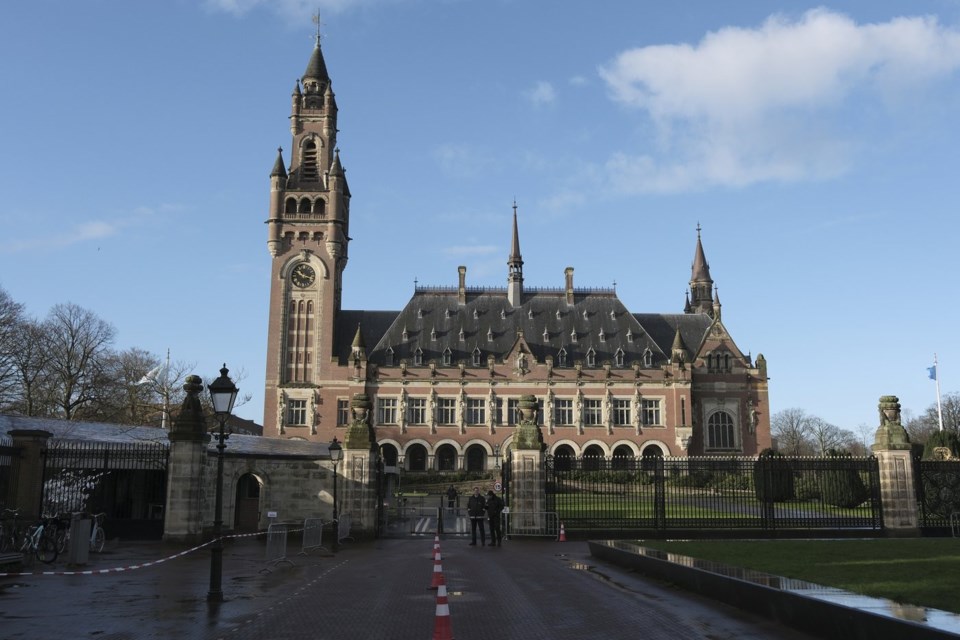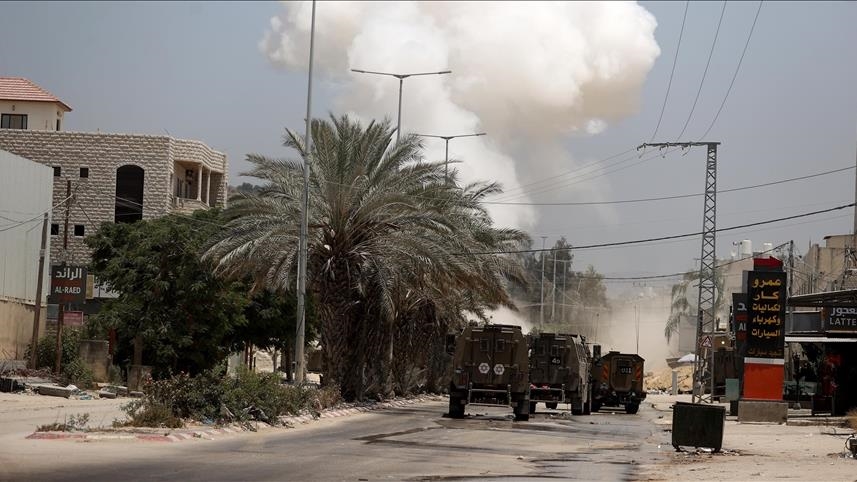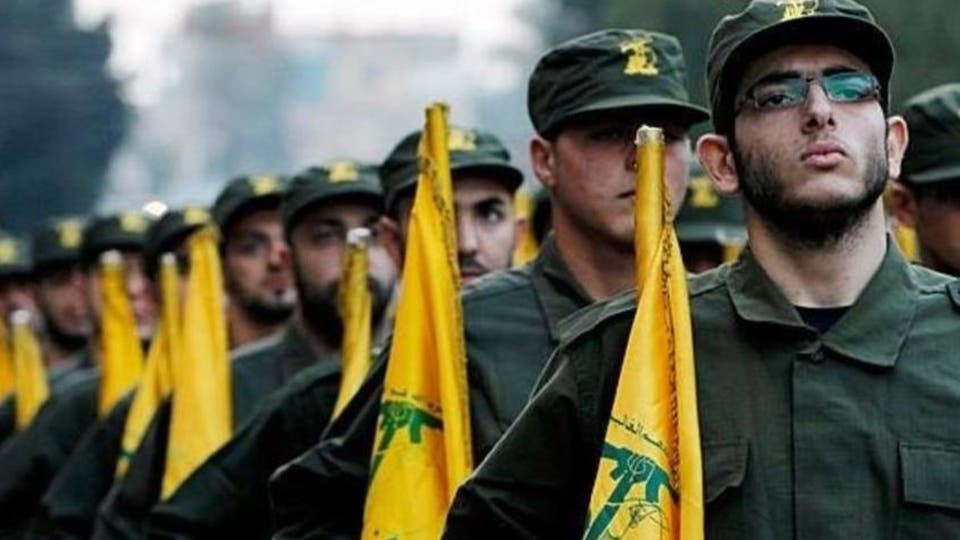Occupied Palestinian territories constitute ‘single territorial unity’: ICJ
Israel's settlement policy in occupied Palestinian territories is in breach of 4th Geneva Convention, says top UN court
Ahmet Gencturk and Beyza Binnur Donmez19.07.2024
ATHENS / GENEVA
The International Court of Justice (ICJ) on Friday ruled that the occupied Palestinian territories constitute a "single territorial unity," which will be protected and respected.
Stressing that The Hague regulations have become part of customary international law, and are thus binding on Israel, the court said, “Protection offered by the Human Rights Convention does not cease in case of armed conflict or occupation.”
In reference to Israel's occupation of the Palestinian territories, the court noted that Israel's “exploitation of natural resources” in occupied Palestinian territory is "inconsistent with its obligation” to respect Palestinians' right to sovereignty.
More particularly on the forcible evictions in Eastern Jerusalem and West Bank, the court stressed that Israel's policies and practices violate the 4th Geneva Convention's prohibition on forcible transfer of protected populations.
“Israel's settlement policy is in breach of the 4th Geneva Convention,” it said.
The court said Israel's policies and practices amount to the annexation of large parts of occupied Palestinian territory, and that it is "not convinced" that extending Israeli law to the West Bank and East Jerusalem is justified.
ICJ also maintained that Israel has been able to exercise key authority over the Gaza Strip despite the withdrawal of its military presence in 2005.
Israel's settlement policy in occupied Palestinian territories is in breach of 4th Geneva Convention, says top UN court
Ahmet Gencturk and Beyza Binnur Donmez
ATHENS / GENEVA
The International Court of Justice (ICJ) on Friday ruled that the occupied Palestinian territories constitute a "single territorial unity," which will be protected and respected.
Stressing that The Hague regulations have become part of customary international law, and are thus binding on Israel, the court said, “Protection offered by the Human Rights Convention does not cease in case of armed conflict or occupation.”
In reference to Israel's occupation of the Palestinian territories, the court noted that Israel's “exploitation of natural resources” in occupied Palestinian territory is "inconsistent with its obligation” to respect Palestinians' right to sovereignty.
More particularly on the forcible evictions in Eastern Jerusalem and West Bank, the court stressed that Israel's policies and practices violate the 4th Geneva Convention's prohibition on forcible transfer of protected populations.
“Israel's settlement policy is in breach of the 4th Geneva Convention,” it said.
The court said Israel's policies and practices amount to the annexation of large parts of occupied Palestinian territory, and that it is "not convinced" that extending Israeli law to the West Bank and East Jerusalem is justified.
ICJ also maintained that Israel has been able to exercise key authority over the Gaza Strip despite the withdrawal of its military presence in 2005.
ICJ rules Israel has illegally annexed large parts of Palestinian territory

Israeli soldiers stop a woman at a checkpoint near the West Bank city of Hebron. Photo: Hazem Bader/AFP via Getty Images
The International Court of Justice (ICJ) stated in an advisory opinion published on Friday that Israel's policies and practices in the occupied West Bank and East Jerusalem amount to annexation of large parts of the Palestinian territories.
Why it matters: While the legal opinion is non-binding, it is one of the most significant determinations by an international court since the Israeli occupation began in 1967.
- Israeli officials are extremely concerned the advisory opinion will be used by Western countries, including the U.S., to impose sanctions against settlers, private entities which operate in the settlements, and the Israel government itself.
Flashback: The court was tasked with determining whether the Israeli occupation amounted to annexation by a UN General Assembly resolution, initiated by the Palestinian Authority, which passed in December 2022.
- Last February, the court held several days of hearings. Israel didn't actively cooperate with the legal proceedings but worked with its allies behind the scenes to register its own legal arguments with the court.
Driving the news: Friday's opinion finds that the Israeli settlements in the occupied West Bank — and by extension the Israeli government — are in violation of international law.
- "Israel's policies including expansion of settlements and associated infrastructure and exploitation of natural resources... are designed to remain in place indefinitely. These policies amount to annexation of large parts of the Palestinian territories," the court said.
- The court said Israel's presence in the West Bank and East Jerusalem are unlawful and must be ended as soon as possible, including by evacuating Jewish settlers from the territories.
The court added that Israel's legislation and measures in the West Bank and East Jerusalem constitute a violation of the Convention against Racial Discrimination.
- It stressed that Israeli settlements policy led to violence against the Palestinian civilian population, which the Israeli government failed to address.
- The court said Israel must provide reparations to Palestinians damaged by those policies and practices.
- It called all countries not to recognize as legal the Israel presence in the West Bank.
What they're saying: A spokesperson for the Israeli Foreign Ministry said Israel rejects the opinion, arguing it "mixes politics and law" and is "detached from the reality of the Middle East."
- "While Hamas, Iran and other elements are attacking Israel from seven fronts... the court ignores the atrocities that took place on October 7, as well as the security imperative of Israel to defends its territory and its citizens," the spokesperson said in a lengthy statement.
- Palestinian President Mahmoud Abbas' office welcomed the ICJ ruling and called it "a victory for justice." It called on the international community to compel Israel to end its occupation "completely and immediately, without any conditions."
State of play: Current U.S. policy is that the settlements are illegal under international law. Most western countries also deem the settlements illegal.
What's next: The court said the UN General Assembly and the UN Security Council need to consider taking further action in light of its advisory opinion in order to end the Israeli occupation.
- The rulings is unlikely to lead to a policy change from the Israeli government, which includes prominent advocates for expanding the settlements.
- Two far-right members of the government quickly issued statements after the ruling calling for the outright annexation of the West Bank.
ICJ says Israel’s presence in Palestinian territory is unlawful
International Court of Justice says Israel’s policies in the occupied Palestinian territory amount to annexation.
Top UN court says Israel's presence in occupied Palestinian territories is illegal and must end

THE HAGUE, Netherlands (AP) — The top U.N. court says Israel's presence in the Palestinian occupied territories is “unlawful” and called on it to end.
The International Court of Justice said in its non-binding opinion issued Friday that Israel has abused its status as the occupying power in the West Bank and east Jerusalem by carrying out policies of annexing territory, imposing permanent control and building settlements.
It said such acts render "Israel’s presence in the occupied Palestinian territory unlawful.” It says its continued presence was ”illegal" and should be ended as “rapidly as possible.”
THIS IS A BREAKING NEWS UPDATE. AP’s earlier story follows below.
The top United Nations court said Israel's settlement policy in the West Bank and east Jerusalem violates international law, as it delivered a non-binding advisory opinion on the legality of Israel’s 57-year occupation of lands sought for a Palestinian state, a ruling that could have more effect on international opinion than it will on Israeli policies.
International Court of Justice President Nawaf Salam was expected to take about an hour to read out the full opinion of the panel, which is made up of 15 judges from around the world.
In part of the opinion, he said the panel had found that "the transfer by Israel of settlers to the West Bank and Jerusalem as well as Israel’s maintenance of their presence, is contrary to article 49 of the Fourth Geneva Convention.” The court also noted with “grave concern” that Israel’s settlement policy has been expanding.
The court also found that Israel's use of natural resources was “inconsistent” with its obligations under international law as an occupying power.
Friday’s hearing comes against the backdrop of Israel’s devastating 10-month military assault on Gaza, which was triggered by the Hamas-led attacks in southern Israel. In a separate case, the International Court of Justice is considering a South African claim that Israel’s campaign in Gaza amounts to genocide, a claim that Israel vehemently denies.
Israel captured the West Bank, east Jerusalem and Gaza Strip in the 1967 Mideast war. The Palestinians seek all three areas for an independent state.
Israel considers the West Bank to be disputed territory, whose future should be decided in negotiations, while it has moved population there in settlements to solidify its hold. It has annexed east Jerusalem in a move that is not internationally recognized, while it withdrew from Gaza in 2005 but maintained a blockade of the territory after Hamas took power in 2007. The international community generally considers all three areas to be occupied territory.
At hearings in February, then-Palestinian Foreign Minister Riad Malki accused Israel of apartheid and urged the United Nations’ top court to declare that Israel’s occupation of lands sought by the Palestinians is illegal and must end immediately and unconditionally for any hope for a two-state future to survive.
Israel, which normally considers the United Nations and international tribunals as unfair and biased, did not send a legal team to the hearings. But it submitted written comments, saying that the questions put to the court are prejudiced and “fail to recognize Israel’s right and duty to protect its citizens,” address Israeli security concerns or acknowledge Israel-Palestinian agreements to negotiate issues, including “the permanent status of the territory, security arrangements, settlements, and borders.”
The Palestinians presented arguments in February along with 49 other nations and three international organizations.
Erwin van Veen, a senior research fellow at the Clingendael think tank in The Hague, said that if the court rules that Israel’s policies in the West Bank and east Jerusalem breach international law, that is unlikely to change Israeli policies but it would “isolate Israel further internationally, at least from a legal point of view.”
He said such a ruling would “worsen the case for occupation. It removes any kind of legal, political, philosophical underpinning of the Israeli expansion project.”
It would also strengthen the hand of “those who seek to advocate against it” — such as the grassroots Palestinian-led movement advocating boycotts, divestment and sanctions against Israel.
He said it also could increase the number of countries that recognize the state of Palestine, in particular in the Western world, following the recent example of Spain and Norway and Ireland.”
It is not the first time the ICJ has been asked to give its legal opinion on Israeli policies. Two decades ago, the court ruled that Israel’s West Bank separation barrier was “contrary to international law.” Israel boycotted those proceedings, saying they were politically motivated.
Israel says the barrier is a security measure. Palestinians say the structure amounts to a massive land grab because it frequently dips into the West Bank.
The U.N. General Assembly voted by a wide margin in December 2022 to ask the world court for the advisory opinion. Israel vehemently opposed the request that was promoted by the Palestinians. Fifty countries abstained from voting.
Israel has built well over 100 settlements, according to the anti-settlement monitoring group Peace Now. The West Bank settler population has grown by more than 15% in the past five years to more than 500,000 Israelis, according to a pro-settler group.
Israel also has annexed east Jerusalem and considers the entire city to be its capital. An additional 200,000 Israelis live in settlements built in east Jerusalem that Israel considers to be neighborhoods of its capital. Palestinian residents of the city face systematic discrimination, making it difficult for them to build new homes or expand existing ones.
The international community considers all settlements to be illegal or obstacles to peace since they are built on lands sought by the Palestinians for their state.
Prime Minister Benjamin Netanyahu’s hard-line government is dominated by settlers and their political supporters. Netanyahu has given his finance minister, Bezalel Smotrich, a former settler leader, unprecedented authority over settlement policy. Smotrich has used this position to cement Israel’s control over the West Bank by pushing forward plans to build more settlement homes and to legalize outposts.
Authorities recently approved the appropriation of 12.7 square kilometers (nearly 5 square miles) of land in the Jordan Valley, a strategic piece of land deep inside the West Bank, according to a copy of the order obtained by The Associated Press. Data from Peace Now, the tracking group, indicate it was the largest single appropriation approved since the 1993 Oslo accords at the start of the peace process.
Mike Corder, The Associated Press






